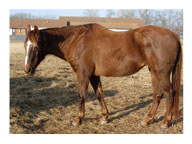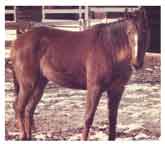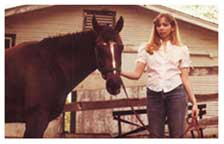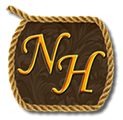In Loving Memory

Juniper Moon Wind
Affectionately Known As Iggette
April 6, 1977 To March 20, 2008
She Was An Outstanding Horse For Many Years
She Will Be Greatly Missed
By All Who She Taught to Ride
& By Those Who She Helped Overcome Their Fears


 This is where I come in. I had never owned a horse, I had never taken care of a horse and I had only ridden a few backyard pets that my friends had. I was a stupid 20 something and was just as horse crazy then as when I was at 4. Oh yeah, I was also recuperating from a very bad fall off a lesson horse trying to learn how to jump fences. I was told Iggette was going to the sale barn and I just couldn’t let that happen. I talked my husband into buying her. I wasn’t sure what I was going to do with her, but I knew I couldn’t let her go to the sale where she might end up in the hands of the killers. I bought her without even going to look at her first. This is how I became a novice owner.
This is where I come in. I had never owned a horse, I had never taken care of a horse and I had only ridden a few backyard pets that my friends had. I was a stupid 20 something and was just as horse crazy then as when I was at 4. Oh yeah, I was also recuperating from a very bad fall off a lesson horse trying to learn how to jump fences. I was told Iggette was going to the sale barn and I just couldn’t let that happen. I talked my husband into buying her. I wasn’t sure what I was going to do with her, but I knew I couldn’t let her go to the sale where she might end up in the hands of the killers. I bought her without even going to look at her first. This is how I became a novice owner.
